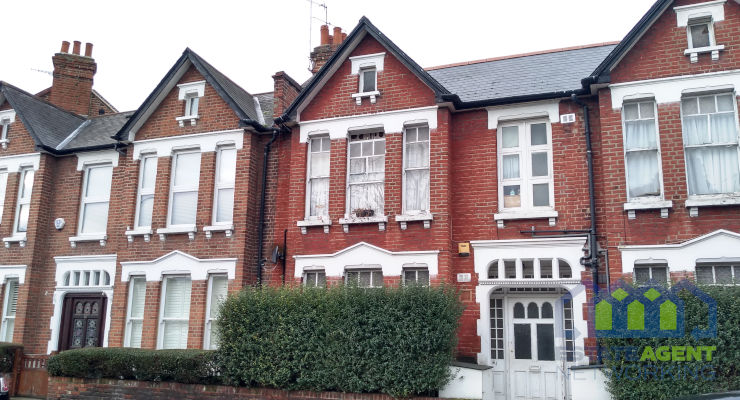New Survey Gets Inside Landlords’ Heads
As an estate agent you’ll already be aware that landlords come in all shapes and sizes.
They certainly aren’t an easy bunch to categorise. Some are devoutly hands-off and will trust you religiously with the well-being of their tenants’ housing affairs. Others believe delegation is a dirty work and, like PM Teresa May, would prefer to micro-manage.
But, a survey just published by the Council of Mortgage Lenders (CML) shows UK landlords are much more alike than we suppose.
Typical landlord aged 55 and over
For instance, whether a buy to let landlord or a ‘reluctant/accidental’ landlord, both he or she is typically aged 55 or over (certainly, it accounted for 61 per cent of the 2500 landlords who took part in the poll).
Another similarity is that they’re more likely to own properties near to where they live. There was an equal split though (almost 50/50) between landlords who self-managed their property and those who used an agent.
Average landlord income varies from £7,500 to £17,300
Some buy to let landlords – those with more than one tenanted property – entered the market with the intention of using their bricks and mortar purchase as a ‘savings scheme’ ie instead of a pension. Around 25 per cent of landlords fell into the ‘reluctant’ category where it made more sense to rent out the property than sell.
Most landlords own only one property
A total of 62 per cent of those polled owned only one property which they let to tenants. The average number of properties for the typical buy to let landlord was 2.7, but it’s a figure which has been falling over the past decade. Analysts expect the buy to let landlord to continue to downsize over the coming years with many landlords already doing so in light of last year’s Stamp Duty changes and the forthcoming tax cuts to landlord expenses.
In fact, of those asked, six per cent said they planned to sell over the next 12 months while another 14 per cent said they’d do so within five years.
Landlords say they’d already planned to sell
Despite the government’s crackdown on buy to let landlords – and the effects on ‘reluctant’ landlords, many said it wasn’t the tax changes that had prompted them to sell up. Most are approaching pensionable age within the next decade so it’s fair to assume they would be using the money as a retirement fund. In fact, only 21 per cent of landlords said they were downsizing for tax reasons (some weren’t even aware of the forthcoming changes their accountant would have to make).
Survey results ‘encouraging’
The survey results were described as “encouraging” and “reassuring” by those in the industry. Paul Smee, director general of the CML, however, cautioned that the new tax changes would hit buy to let landlords with larger portfolios.
He said: “While the overall findings are encouraging and offer a reassuring picture of relative stability, there is a certain irony in the researchers’ conclusions that the landlords who will be most affected by the government’s tax changes are those at the most professional end of the sector – those with large, leveraged portfolios.”
Keep up to date with the latest news in the property industry with our blog and social media channels, which you can access easily via our website www.avrillo.co.uk.









